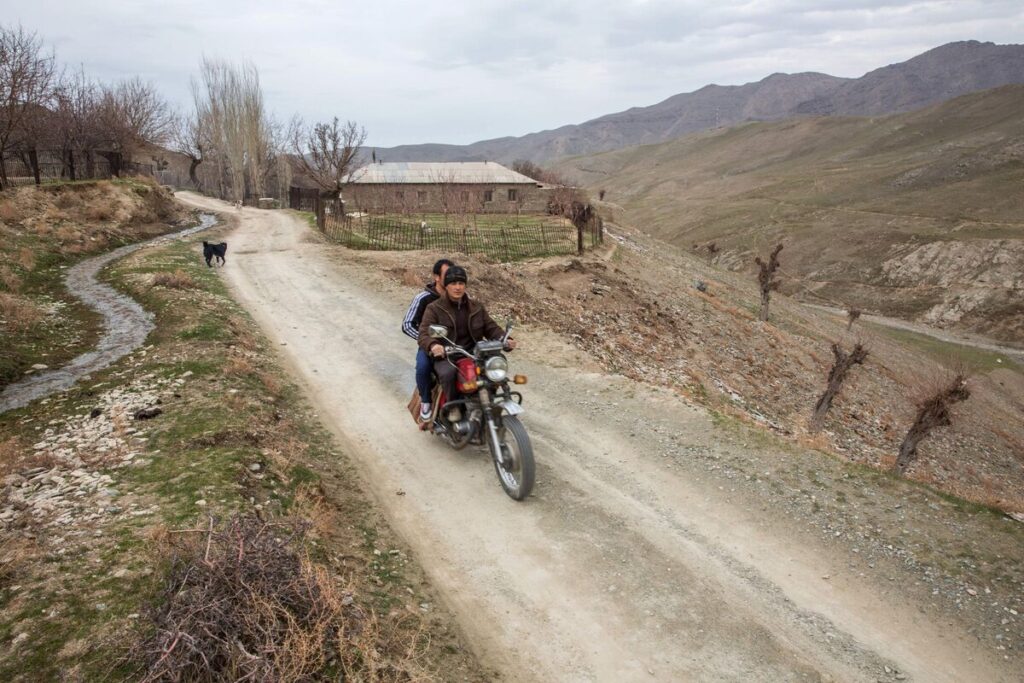By 2030, Uzbekistan wants to double the size of its GDP. To do that, its officials must balance the interests of the US, Russia and China. That’s no easy feat in today’s increasingly fractured global economy, putting Uzbekistan among countries trying to hedge their bets. “Today the geopolitical situation shows that you cannot rely only on one country because it’s not secure,” Deputy Prime Minister Jamshid Khodjaev said. “Every country is looking for diversification.”
“China is one of our biggest trade and investment partners,” Khodjaev said in an interview on the sidelines of a US-Uzbekistan business conference in Washington this month. “We are not hiding that because they are very aggressive on renewables and green energy. They have good technology, big companies and they are keen to work with us.”
At the same time, Russia remains one of Uzbekistan’s biggest trading partners. Historical ties with Moscow have kept that relationship strong and many Uzbekistani workers travel to Russia for work and send home money to their families. Khodjaev calls those connections a “good opportunity” because many of them speak Russian. He also said officials are working with other countries in Europe to diversify that market as well.
In addition to renewable energy, China has also been aggressive in helping Uzbekistan to develop its infrastructure. That’s something that will continue, Khodjaev said. But the country also wants to attract investment from the US, especially in the emerging high-tech sector, where US companies have an edge. “We have a market economy and we are trying to give all our investors the same conditions,” he said. “When you have the best option you’ll go for that.”
One of the difficulties that has emerged following the Russian invasion of Ukraine is trying to stop the so-called transshipment of prohibited goods from the US and Europe to Russia. Uzbekistan has been working with the US Treasury to keep those goods from crossing its borders, Ambassador Furkat Sidikov said.
Khodjaev said that Uzbekistan is trying to diversify the investments other countries make in sensitive sectors of the economy such as energy and food supply but when it comes to other areas such as infrastructure, officials do “what we think is best for the people.” “We are not so wealthy as to dictate who’s going to invest where,” he said.
Source: BLOOMBERG


